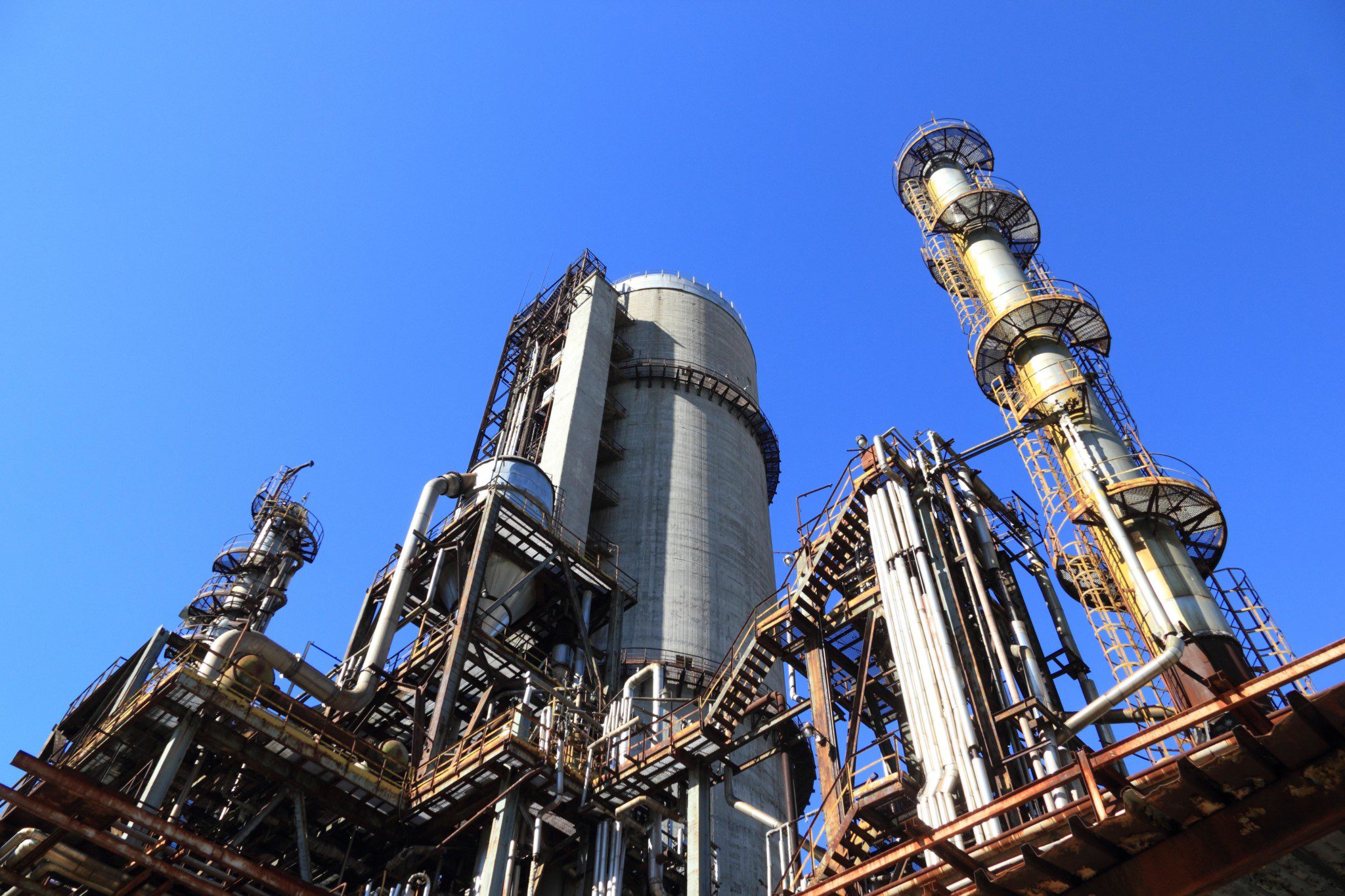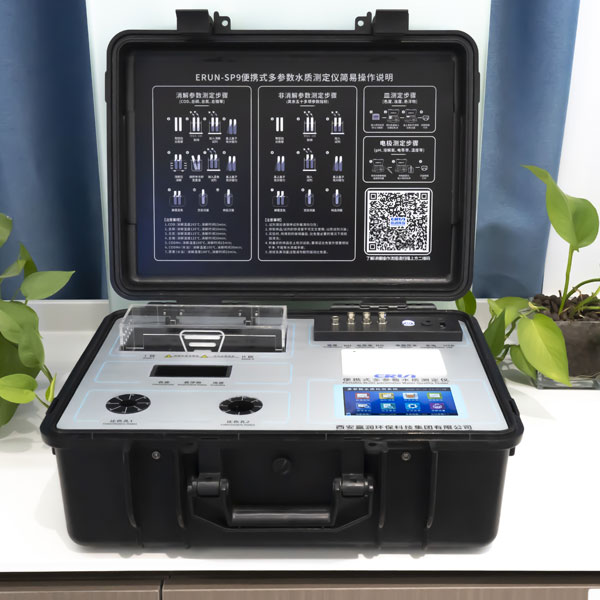Boiler water alkalinity plays a crucial role in ensuring the safety, efficiency, and longevity of your boiler system. When alkalinity levels are too high or too low, problems like corrosion, foaming, and scale formation can occur—ultimately reducing system performance and increasing maintenance costs.
In this article, you’ll learn how to control alkalinity in boiler water, what causes imbalance, and how the Erun SP9 Portable Multi-Parameter Water Quality Tester can help you maintain ideal water conditions through accurate real-time monitoring.
Boiler water alkalinity refers to the concentration of hydroxide (OH⁻), carbonate (CO₃²⁻), and bicarbonate (HCO₃⁻) ions in the water. These components help neutralize acids and prevent corrosion inside the boiler.
However, maintaining alkalinity is a delicate balance.
Low alkalinity makes the water acidic, leading to corrosion of metal surfaces.
Excessive alkalinity can cause foaming and carryover, leading to poor steam quality and scaling in steam lines.
In short, controlling boiler alkalinity ensures both chemical stability and mechanical efficiency — essential for reliable plant operations.
Historically, boiler operators have relied on titration tests — P-alkalinity, M-alkalinity, and T-alkalinity — to measure alkalinity. These tests help determine hydroxide, carbonate, and total alkalinity values. While reliable, they are often time-consuming, require chemical reagents, and can introduce human error.
Today, advanced instruments like the Erun Portable Multi-Parameter Water Quality Tester (Model: ERUN-SP9) simplify this process dramatically.
The ERUN-SP9 uses an advanced optical 16-channel design to measure over 60 water quality parameters, including pH, conductivity, TDS, salinity, dissolved oxygen, and water temperature.
With its ability to freely combine parameter configurations, operators can tailor testing to specific boiler water needs. By measuring key indicators like pH and conductivity, the ERUN-SP9 provides a fast and accurate way to assess alkalinity balance and overall boiler health.
Understanding what causes alkalinity fluctuations helps determine the right corrective approach.
High alkalinity usually results from overfeeding chemicals such as sodium phosphate or caustic soda, or from insufficient blowdown that allows minerals to concentrate.
Low alkalinity may be caused by low-alkalinity feedwater, over-blowdown, or acid contamination.
Before applying any treatment, it’s essential to diagnose the root cause using accurate data — something the ERUN-SP9 tester can provide within minutes.

The first line of defense is treating water before it enters the boiler. Dealkalization methods, such as ion exchange or reverse osmosis (RO), remove carbonate and bicarbonate ions, effectively lowering feedwater alkalinity.
By managing alkalinity at the source, you minimize stress on the internal water treatment system and prevent long-term corrosion issues.
Chemical dosing is another essential strategy. Boiler water is often treated with caustic soda, sodium phosphate, or neutralizing amines to maintain the proper alkalinity range.
However, excessive chemical addition can backfire, raising alkalinity too high and leading to foaming. Routine monitoring ensures the dosage remains within safe limits.
Blowdown—the process of removing a portion of boiler water and replacing it with fresh feedwater—helps control the buildup of dissolved solids and alkalinity.
The key is timing. Conductivity and pH readings help determine when and how much blowdown is required.
Using the Erun-SP9, operators can continuously monitor pH, conductivity, and TDS, ensuring that blowdown is performed efficiently, preventing waste and maintaining steady alkalinity levels.
The Erun ERUN-SP9 Portable Multi-Parameter Water Quality Tester is designed for professionals who need precise, on-site boiler water analysis. Its compact, user-friendly design allows plant technicians to perform real-time checks anywhere in the system.
Practical applications include:
Testing feedwater before it enters the boiler to ensure low alkalinity.
Monitoring boiler water after chemical dosing to confirm stability.
Checking water post-blowdown to verify treatment effectiveness.
The ERUN-SP9 not only saves time but also ensures reliable, data-driven decisions that prevent corrosion, scaling, and efficiency loss. Its portability and versatility make it a smart investment for any plant focused on water quality management.

To keep your boiler system running efficiently, follow these proven tips:
Maintain alkalinity and pH levels as recommended by the boiler manufacturer (typically pH 10–11).
Test water daily with accurate instruments like the ERUN-SP9.
Keep a logbook of test results for trend analysis.
Adjust chemical feed based on data, not assumptions.
Conduct regular blowdowns to prevent excessive alkalinity buildup.
Consistent monitoring and proactive adjustments are the keys to long-term boiler reliability.
Boiler water alkalinity control isn’t just about chemistry — it’s about system protection, operational safety, and cost savings.
To recap:
Understand what causes alkalinity changes.
Apply proper treatment methods (external, chemical, and blowdown).
Use reliable testing tools like the ERUN-SP9 Multi-Parameter Water Quality Tester to monitor parameters in real time.
With ERUN-SP9, you gain the precision and flexibility needed to maintain optimal boiler conditions, extend equipment life, and improve efficiency.
For more information on professional water testing solutions, visit erunwas.com and explore the full range of Erun instruments.